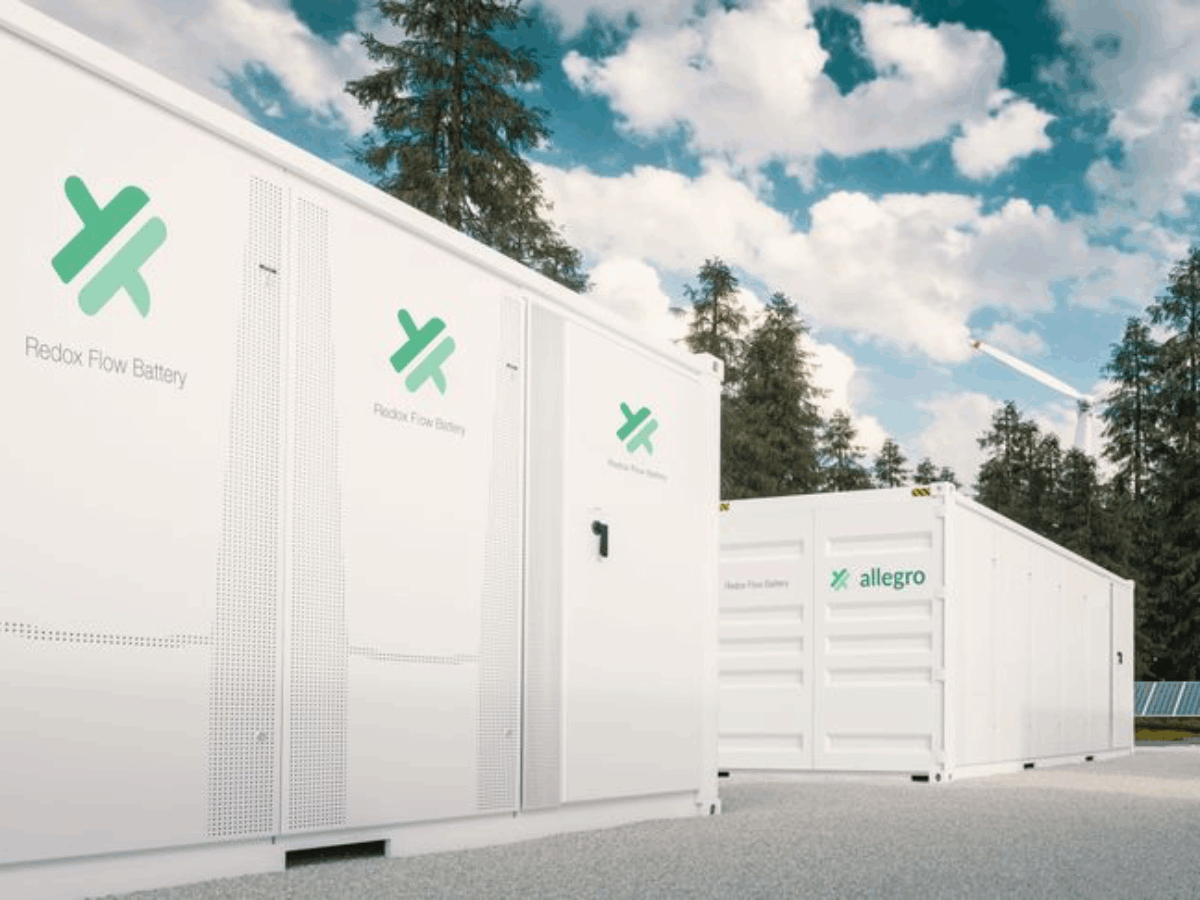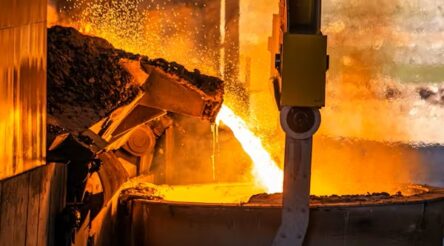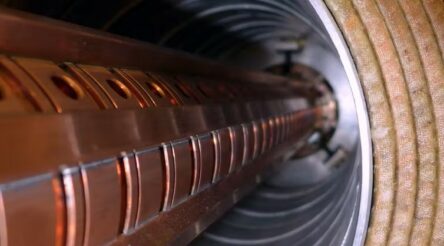Australia’s next GigaFactory: The promise of local advanced manufacturing

Australia stands at a pivotal juncture in its industrial evolution, according to Dr Thomas Nann, CEO at flow battery business Allegro Energy.
The convergence of technological innovation, strategic investment, and a renewed focus on sovereign capability heralds a renaissance in advanced manufacturing.
I’ll use the journey of my own company, Allegro Energy, as an example of how local manufacturing can propel Australia to the forefront of global innovation.
We emerged from a vision to revolutionise energy storage. Our breakthrough came with the development of a water-based, non-flammable redox flow battery, utilising our proprietary microemulsion electrolyte. This technology offers a sustainable, cost-effective solution for long-duration energy storage (LDES), crucial for integrating renewable energy into the electricity grid.
Our decision to base operations in the Hunter region of New South Wales turned out to be an excellent choice. The area's rich industrial heritage, skilled workforce, and supportive infrastructure provides an ideal environment for innovation. Collaborating with Origin Energy, we initiated a pilot project at the Eraring Power Station, showcasing the potential of our technology in real-world applications.
Securing $17.5 million in Series A funding, including investment from Origin Energy, enabled us to scale our manufacturing capabilities. This infusion of capital, combined with federal support through the Industry Growth Program, underscores the critical role of local investment in fostering innovation.
But it wasn’t investment alone, it was the existence of excellent local manufacturing capacity that made the difference.
A flow battery is basically a chemical process for storing energy. The multidisciplinary skillset for manufacturing and operating such a process – spanning from electrical, over mechanical and process engineering to chemical sciences – is almost identical to the skillset required in the mining, water, or energy industry. Thus, we were able to ‘hit the ground running’, being able to tap into the strong existing industrial base in the Hunter region.
Allegro Energy's success is not isolated. Across Australia, numerous enterprises are redefining the manufacturing landscape:
- SPEE3D, based in Darwin, has developed a groundbreaking 3D metal printing technology. Their printers are now aiding the Ukrainian military by rapidly producing critical vehicle parts, demonstrating the global impact of Australian innovation.
- Gilmour Space Technologies in Queensland is pioneering hybrid rocket propulsion systems, positioning Australia as a contender in the burgeoning space industry.
- Luyten 3D, headquartered in Melbourne, has introduced mobile 3D concrete printers capable of constructing homes in remote areas, addressing housing shortages and promoting sustainable construction practices.
These examples illustrate a vibrant ecosystem where advanced manufacturing is not only viable but thriving.
Despite these successes, Australia's manufacturing sector faces significant challenges. Currently, manufacturing contributes approximately 6 per cent to the national GDP, a stark contrast to the 13 per cent contribution in previous decades. Moreover, Australia's ranking on the Economic Complexity Index recently fell to 105th globally, highlighting a need to diversify and sophisticate our industrial base.
To address this, the federal government's $22.7 billion “Future Made in Australia” plan aims to invigorate the sector, focusing on areas like renewable energy, medical technology, and defence. Such initiatives are vital for enhancing economic resilience and reducing dependency on volatile global supply chains.
Germany's economic strength is often attributed to its “Mittelstand” – a network of small to medium-sized enterprises specialising in high-quality, niche products. These companies are characterised by long-term planning, investment in employee development, and a commitment to innovation.
Australia can draw valuable lessons from this model. By fostering a similar ecosystem, we can cultivate a manufacturing sector that is agile, innovative, and globally competitive.
Allegro Energy's journey underscores the transformative potential of local advanced manufacturing. By investing in innovation, leveraging regional strengths, and fostering collaborative partnerships, Australia can become a significant player in clean tech manufacturing and beyond.
Picture: supplied
Dr Thomas Nann is CEO and co-founder of Allegro Energy. He will be appearing alongside Iondrive CEO Dr Ebbe Dommisse and HB11 CEO Dr Warren McKenzie on the “clean tech companies of tomorrow” panel at @AuManufacturing's upcoming Spotlight on Scaling Up event. For more information on the June 25 seminar at University of Technology Sydney, go here.
@aumanufacturing Sections
Analysis and Commentary Awards casino reviews Defence Gambling Manufacturing News Online Casino Podcast Technology Videos





